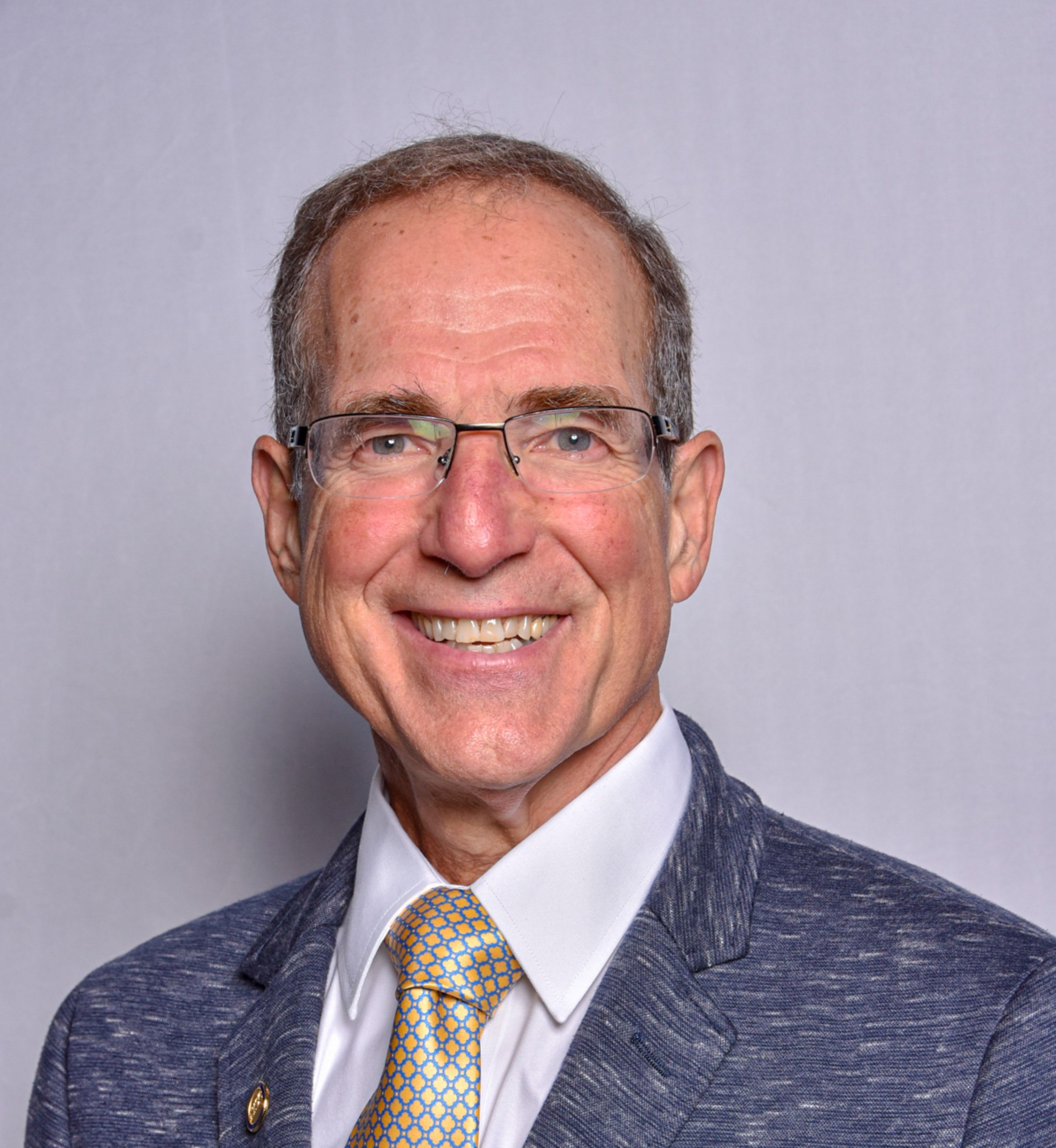Q&A with a keynote: Jan Bellows, DVM, DAVDC, DABVP, FAVD
Get to know our day 2 keynote a little better in this interview with dvm360®
“I'm looking forward to share some great experiences with our veterinary community!” said Jan Bellows, DVM, DAVDC, DABVP, FAVD, in anticipation for the Fetch dvm360® conference in Charlotte, North Carolina. Bellows received his doctorate in veterinary medicine from Auburn University in 1975 and returned to south Florida to practice companion animal medicine surgery and dentistry at All Pets Dental in Weston, Florida. He is the day 2 keynote speaker of the conference, with his session “Dental Hacks from A to Zebra.” Bellows will focus on veterinary dentistry as a whole and attendees can expect to learn over 26 tips and tricks for your dental practice. Attendees will dive into updates on new equipment, materials, and techniques as Bellows moves through the alphabet of dentistry.
Learn more about Dr Bellows in this Q&A style interview with dvm360®.
Jan Bellows, DVM, DAVDC, DABVP, FAVD

Can you introduce yourself and share a little bit about how you got started as a veterinarian?
My name is Jan Bellows. I'm a veterinarian in Weston, Florida and probably all my life I wanted to be a veterinarian. As a little kid I worked for a veterinarian in Farmingdale, New York and I loved it. Then I moved to Florida and went to University of Florida [for undergrad] and then got into veterinary school at Auburn University, and still wanted to be a veterinarian when I got out. Then I went to New York to do an internship and then came back to Florida, and still love it every day.
What got you interested in veterinary dentistry?
Well, during my internship at the Animal Medical Center in New York City, I got very interested in ear diseases because that's something you can't really see, and it can really bother the dogs and cats. Then, I found that the mouth is very similar, in which you can't really see what's going on. But a good detective can figure it out and I always wanted to be a good detective. So that's how I got interested in dentistry. The way I really got involved in dentistry was when I was in my own practice for probably about a good 10 years and a friend of mine said, "Let's go to Vero Beach, there's a wet lab on dentistry." So, I went and it was given by a veterinarian who was also a human dentist. And when I came back, I found that almost all my patients needed immediate dental care.
What has been the most rewarding moment in your career?
Probably the most rewarding part of my career was working on a gorilla at Disney World. That was just incredible. My wife and I went there, and we got to take care of some gorilla cavities. What was really interesting.
What’s your favorite aspect of working in veterinary dentistry?
My favorite aspect is being able to do something in rapid time, that will create permanent, good change. I found that dermatology is something that's interesting, but it tends to linger on…and other animal problems like behavior problems really linger on. Dentistry is something you can diagnose. It's very black and white on radiographs. You can do the treatment that takes an hour or less, and then the animal is just so much better off for it. And if the client will continue to do home care, it should stay that way.
What do you hope attendees take away from the lecture?
I hope that the attendees take away from the lecture at least 5 pearls that they can take back to their practice the next day and use in a different way than they've used before and really increase the way they enjoy dentistry and practice dentistry.
What do you think is the most challenging aspect of veterinary dentistry?
The most challenging aspect of dentistry is that there's a client attached to every patient. The veterinarian generally knows what to do, but then they have to convince the client that the pet really needs it. Because in most cases, the animal is still eating even though they have horrible teeth, and even though they're in chronic pain. And the client needs to appreciate that and then the client needs to agree to the treatment and the client needs to agree to aftercare.